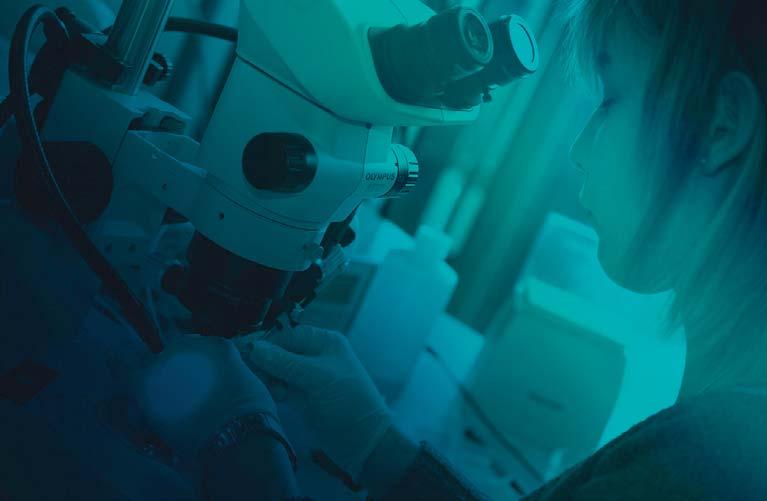Technological developments are omnipresent in all these programmes, either to meet the needs of institutional space missions of a scientific or strategic nature, or to directly support corporate R&D in the commercial markets that are increasingly developing in this rapidly expanding sector. In this particular context, co-funding of activities with the companies concerned is appropriate in order to best stimulate them. © Kelle Moreau – IRSNB
At the ESA ministerial summit in Seville in November 2019, Belgium subscribed 817.6 million euros to the various programmes proposed by ESA. As a result, the Belgian space envelope has increased from approximately 225 M€/ year to 275 M€/year. Thanks to this effort, Belgium has further established itself in the European landscape as one of ESA's six largest net contributors, by far the largest among the small Member States. At the same time, the European Space Security and Education Centre in Redu (ESEC) has been further put on the map as ESA's reference centre for cybersecurity, a strategic competence in the light of the current technological revolution.
New Belgian oceanographic vessel “Belgica II”
In which European and international research programmes does Belgium participate? Belgium takes part in the current EU R&I framework programme, Horizon 2020. Thanks to this programme, our country participates in numerous projects with a high success rate. This is particularly the case for the research infrastructure part of the Excellent Science pillar, for which one project out of two with at least one Belgian participant has been selected for funding. In addition, Belgium participates in a whole series of research infrastructures in the Roadmap of the European Strategy Forum for Research Infrastructures (ESFRI), ranging from biomedical imaging facilities to observation and measurement stations for greenhouse gas emissions and supercomputers. In the space sector, Belgium is involved in numerous European and international programmes through its contribution to the European Space Agency (ESA). What is the programme for sustainable research cooperation between federal scientific institutions and universities? The FED-tWIN programme supports joint research activities between the Federal Science Institutes (FSIs) under the Federal Science Policy and Belgian universities through the recruitment of postdoctoral researchers working part-time in an FSI and a university. The objective is to create a value-added collaboration for the FSE, the university and, of course, the researcher. Our FSIs have unique scientific collections, which are of paramount importance for research in universities. Moreover, the Federal Science Policy finances the implementation of the research profiles in both institutions 100% for the first 5 years and 50% for the following 5 years. A total of 125 research profiles will be initiated between 2019 and 2025.
© David Clarinval's office
How do you support innovation and technological research as part of Belgium's participation in the space sector? Belgium currently occupies a decisive position in the space sector thanks to the continuous support of its federal public authorities and its efficient scientific and industrial fabric. The bulk of Belgium‘s contribution to the space sector is channelled through the European Space Agency (ESA), which is at the origin of many investments in our industries, research centres and universities according to the principle of “fair return”, i.e. the investment by a country returns to it proportionally in the form of contracts.
Participation in the European Ariane 6 space programme
17

















































































































